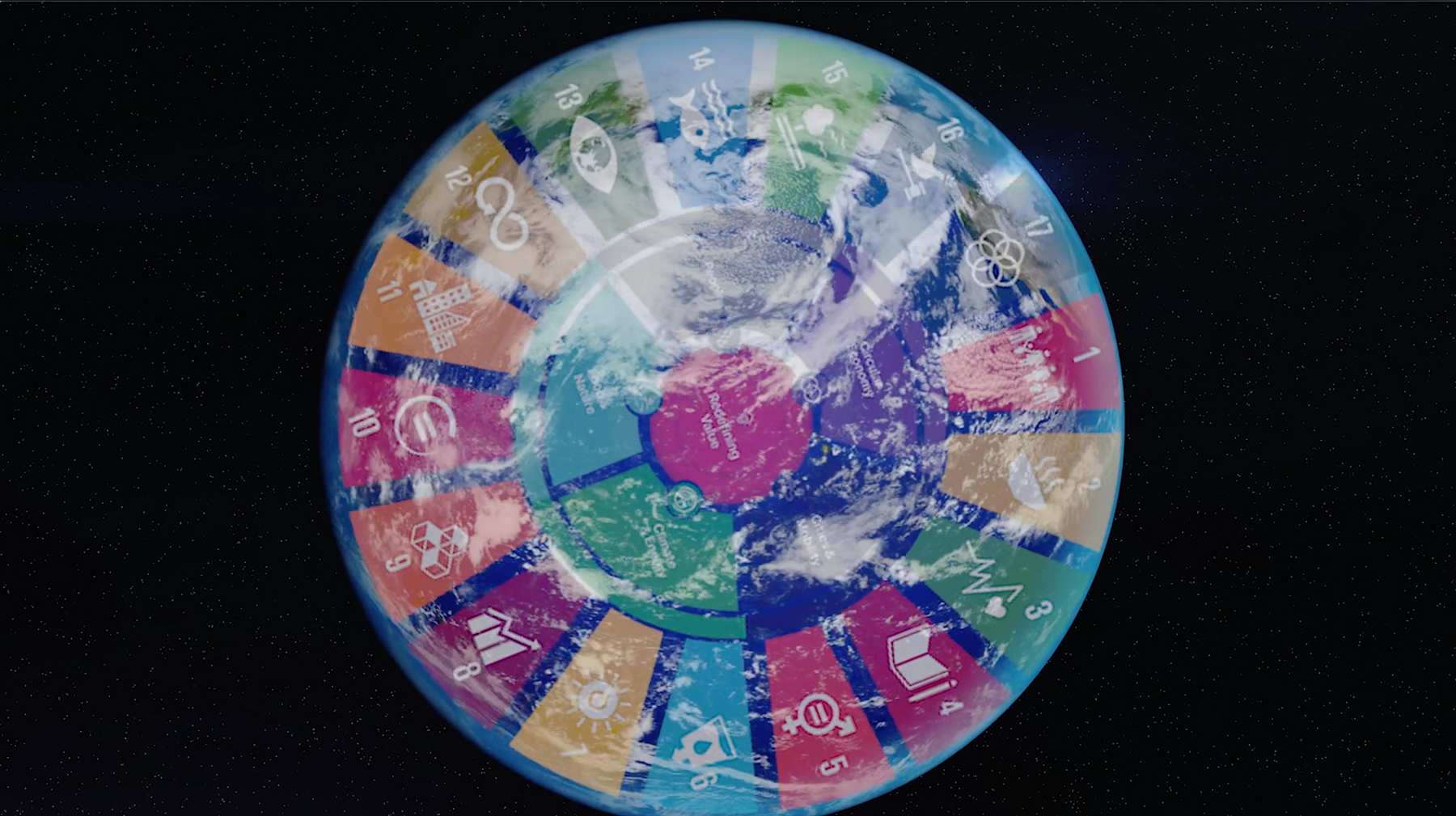Quantitative Sustainability Assessment
The section for Quantitative Sustainability Assessment (QSA) develops, adapts and applies quantitative methods for the assessment of relative and absolute environmental sustainability of products, technologies and large-scale systems.
The methodological work of the section is strongly rooted in life cycle assessment (LCA) and focuses on three main areas:
- Life cycle impact assessment (LCIA), in particular developing improved and new methods for established and emerging impact categories, e.g. eco-toxicity and human toxicity, climate tipping, water use and resource dissipation
- Absolute environmental sustainability assessment (AESA), in particular developing and operationalizing methods linking LCA to biophysical limits of the Earth system from local to global scale
- Macro-scale sustainability assessment, in particular developing integrated methods (e.g. multi-regional input-output modelling) and indicators (e.g. for UN Sustainable Development Goals) for retrospective and prospective assessments of market-wide technology deployments, organizations, countries and sectors.
QSA’s methodological research in the field of quantitative sustainability assessment is widely applicable across sectors, providing a unique position to develop LCA-based methods tailored for specific technology domains, with collaboration inside and outside DTU. QSA has numerous connections to industry via collaborative research projects, industrial PhD projects, and use of industry LCA cases in teaching.
QSA staff also leads two centres: DTU Centre for Absolute Sustainability and USEtox International Centre.
DTU Centre for Absolute Sustainability
A DTU initiative launched in the summer of 2022 with focus on establishing externally funded research projects on absolute sustainability assessment and its use in technology development and engineering across DTU and with external stakeholders.
Go to the DTU Centre for Absolute Sustainability
USEtox International Centre
Established in 2016 from a scientific consensus-building process under the auspices of the United Nations Environment Programme (UNEP) and the Society of Environmental Toxicology and Chemistry (SETAC). USEtox is the global reference model for life cycle toxicity and ecotoxicity characterization.
Go to USEtox
